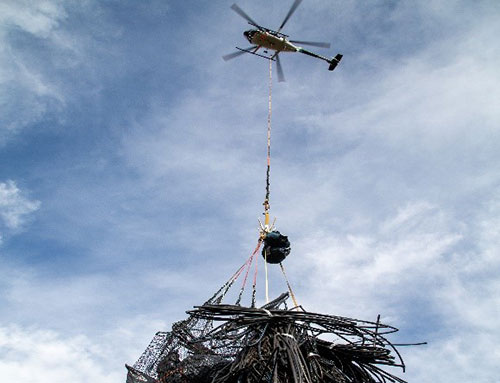Overview
The California Department of Fish and Wildlife’s Cannabis Restoration Grant Program (CRGP) is dedicated to advancing ecosystem restoration and ecological health across California. The program provides multiple funding opportunities to:
- Clean up, remediate, and restore habitats impacted by cannabis cultivation;
- Conduct research that benefits native species and promotes ecosystem resilience;
- Foster partnerships with tribes, non-profit organizations, and public agencies committed to protecting California’s natural resources.
If interested in grant funding, the first step is to contact CRGP staff at CannGrantProgram@wildlife.ca.gov.
Funded Projects

Cleanup, Remediation and Watershed Enhancement (CRWE)
CRWE funding facilitates environmental stewardship by supporting local partnerships and providing financial assistance for projects that support cleanup, remediation, and restoration of areas impacted by cultivation and related activities on public, private and tribal lands.